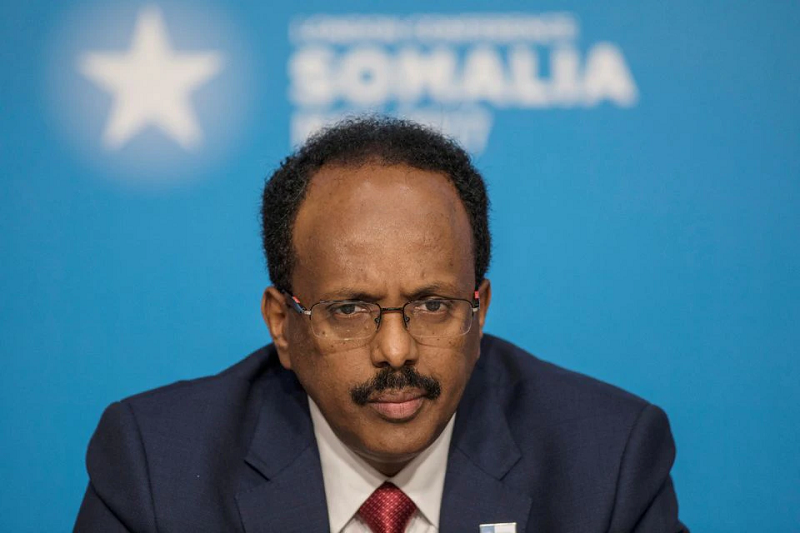Last updated on March 17th, 2022 at 08:03 am
Somalia -Somalia missed the deadline for holding elections for the Lower House of Parliament on Tuesday (15 March), causing yet another delay in the election process that was supposed to result in the appointment of a new President, which had been expected for more than a year. There had been no news from the Somali government by the evening of Tuesday. The deadline for nominating members of parliament had been extended to March 15, but the Somali government had not said anything.
According to an AFP count based on official statistics, the federal states of South West and Galmudug finished electing their MPs on Tuesday, but 40 of the 275 seats in the Lower House remained unfilled in three states (Jubaland, Hirshabelle, and Puntland). The conclusion of the Lower House elections is an important milestone in the process of electing a new President. When it comes to politics in Somalia, it’s very complicated. Federal-state assemblies and representatives from a lot of different clans and sub-clans pick lawmakers and the President.
Somalia, a fragile country in the Horn of Africa that has been fighting a radical Islamist Shebab insurgency for 15 years, has been without a new head of state for more than a year. President Mohamed Abdullahi Mohamed, also known as Farmajo, has been in office since 2017, and his term will expire on February 8, 2021, without having struck a deal with regional leaders on election arrangements.
Related Posts
The announcement in mid-April that his mandate would be extended for another two years sparked armed riots in Mogadishu. As a show of good faith, Farmajo had assigned his Prime Minister, Mohamed Hussein Roble, the task of organizing the elections. However, tensions between the two men grew as time went on, delaying the process.
The upper house elections were finished by the end of 2021. Mohamed Hussein Roble and regional leaders agreed in early January to finish the lower house election cycle, which began in November, by February 25. Farmajo had expressed his support for the deal.
The international community is concerned about the repeated postponements, believing that they are diverting attention away from matters that are critical to the country, such as the Shebab insurgency. Following the postponement on February 25, the US imposed visa restrictions on key individuals suspected of “undermining the democratic process in Somalia.” The International Monetary Fund (IMF) had told AFP a few days before, that financial aid to the country, which was due to expire automatically in May, was in jeopardy if a new administration was not in place by then.
It also asked the government to “finish and speed up” the lower house elections, which the UN representative in the country, James Swan, asked them to do.

